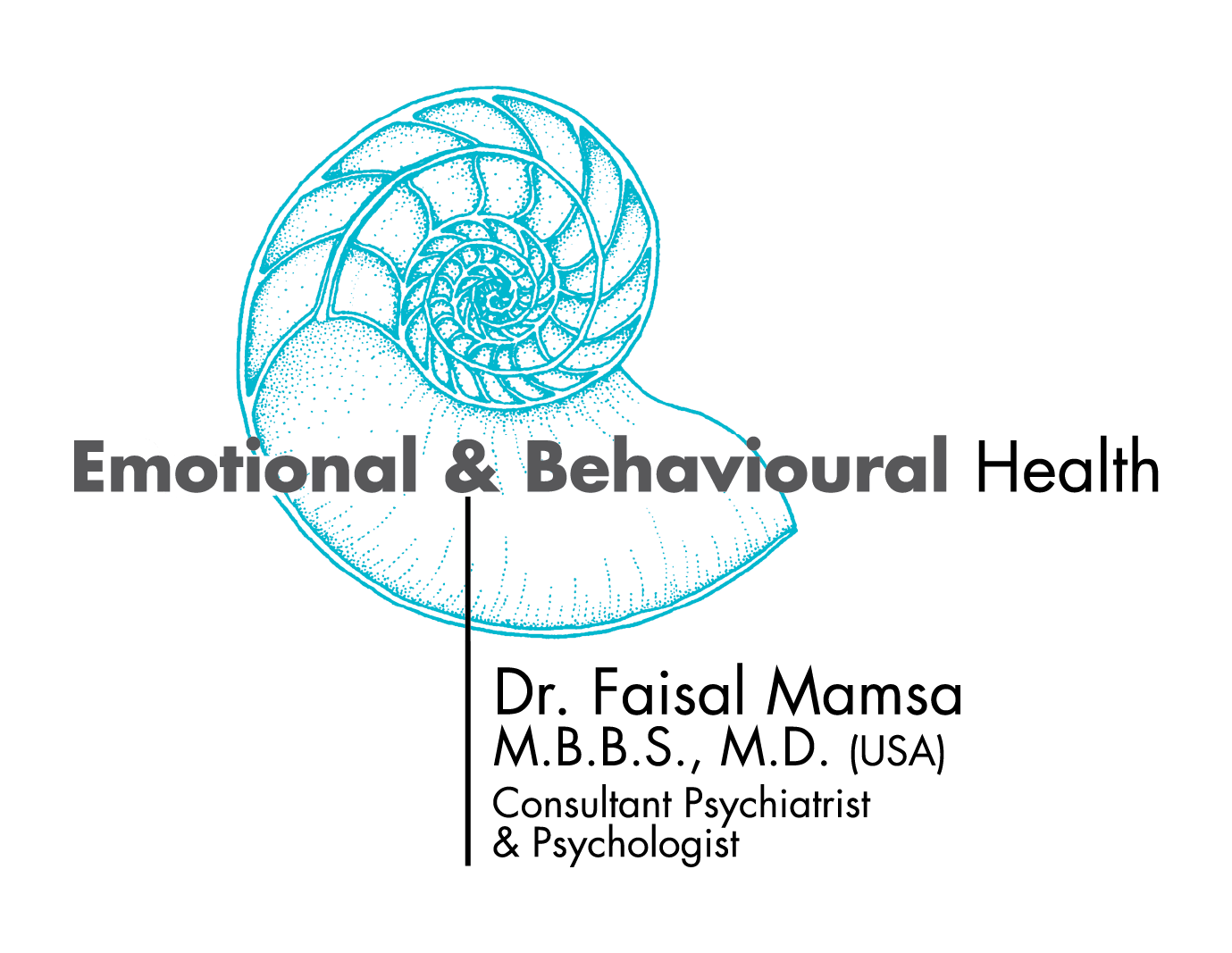
What is Psychological Trauma?
The term psychological trauma has been applied in so many contexts by so many people that it has lost some of its original meaning. Often, trauma is used to refer both to negative events that produce distress and to the distress itself. Technically, “trauma” refers only to the event, not the reaction, and should be reserved for major events that are psychologically overwhelming for an individual
The Diagnostic and Statistical Manual of Mental Disorders (which is considered as the Bible of psychiatry) 4th edition, Text Revision (DSM-IV-TR; American Psychiatric Association [APA], 2000) specifically defines a trauma as:
“direct personal experience of an event that involves actual or threatened death or serious injury, or other threat to one’s physical integrity; or witnessing an event that involves death, injury, or a threat to the physical integrity of another person; or learning about unexpected or violent death, serious harm, or threat of death or injury experienced by a family member or other close associate. The person’s response to the event must involve intense fear, helplessness, or horror (or in children, the response must involve disorganized or agitated behavior)”
Symptoms of Trauma:
Symptoms of Trauma can be short term and can be classified as Acute Stress Disorder. However, some people suffer from long term side effects for even months after the traumatic experience. If the post traumatic symptoms generally last over a month then for them a clinical illness named Post Traumatic Stress Disorder (PTSD) might be considered.
For an adult to be diagnosed with PTSD, they must have at least one re-experiencing symptom, at least one avoidance symptom, two arousal and reactivity symptoms, two cognition and mood symptoms.
Now what are these fancy terms? Let’s read them one by one:

1. Re-experiencing Symptoms
Re-Experiencing symptoms include flashbacks, bad dreams and frightening thoughts.
2. Avoidance Symptoms
People may start avoiding certain places, events or objects that may be affiliated to the person’s traumatic symptoms. If a person was a victim of a car crash, they may avoid driving altogether.
3. Arousal and Reactivity Symptoms
Easily being startled, being anxious periodically, feeling tense, angry outbursts and insomnia are included in these symptoms. These tasks interfere with a person’s ability to concentrate, sleep and or eat.
4. Cognition and Mood Symptoms
Difficulty in remembering the main characteristics of traumatic events, negative thoughts about oneself and the world, distorted emotions like guilt and loss of interest in fun activities. Cognitive and mood symptoms can begin a few weeks later or months later after a traumatic event. These symptoms can make a person feel alienated or isolated from friends and family.
How can PTSD be treated?
The main modes of treatment for PTSD are psychotherapy and medication. Psychotherapy is basically “talk therapy” in which a patient talks to a mental health professional in order to cure a mental illness.
Psychotherapy for PTSD can only be done by professionals who have had an additional training in dealing with trauma and its related disorders. Not all therapists have that extra qualification so please choose the right counsellor/therapist.
Dr. Mamsa is well versed in psychotherapy and psychopharmacology. His multi-modal treatment allows him to deal with his patients through the use of various treatments to get the most effective results, as opposed to simply just prescribing medicine. For more details, feel free to contact us!
